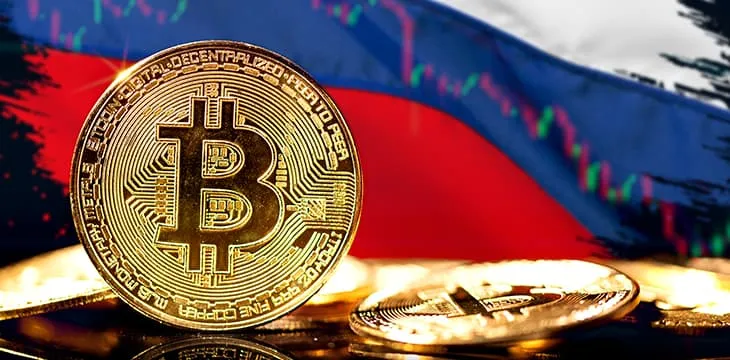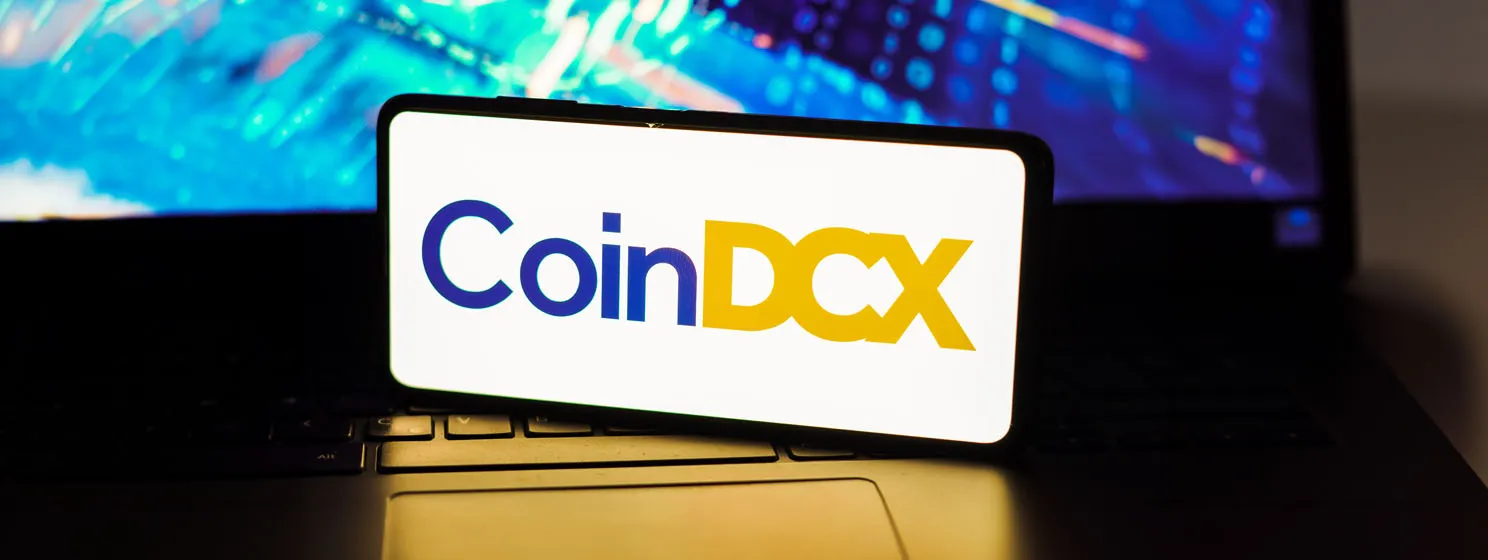|
Getting your Trinity Audio player ready...
|
The State Duma, Russia’s lower house of parliament, has passed a bill to ban the use of digital assets in making payments in its first reading.
However, RBC, a Russian local media outlet, reports that the lawmakers introduced a reservation to the bill’s provisions. The ban can be lifted in the presence of cases provided for by federal laws. If adopted, the law will enter into force ten days after its publication.
The bill was submitted earlier this month by Anatoly Aksakov, head of the State Duma Committee on the financial market. It proposes to directly prohibit the use of digital financial assets (DFA) and utilitarian digital rights (UTR) as a means of payment for transferring goods and services in Russia.
In addition, the bill places platforms that issue digital assets under the purview of the national payment system and obliges them to refuse transactions where it is possible to use digital assets as monetary surrogates.
According to Aksakov, the bill is necessary to fill gaps left by current digital currency regulations in operation in the country and cement the ruble’s position as the only accepted legal tender.
The finer points of the bill have been a cause for debate among Russian legal experts so far. As reported by RBC, a team of lawyers discussing the bill pointed out that the bill contains multiple contradictions and gray areas.
One expert, Roman Yankovsky, points out that the term “monetary surrogates” has not been defined by any existing Russian law. Similarly, Russian law considers digital assets to be property, which makes the law prohibiting their use as money moot.
Russia progressing with other digital currency regulation laws
Several other laws targeted at digital assets are making progress in the Russian legislative system. The bill “On Digital Currency” will set the regulatory framework for the entire digital assets market, while the bill “On Mining in the Russian Federation” will regulate block reward miners.
Late in May, an amendment to the block reward mining bill was submitted to remove a proposed one-year tax amnesty for block reward miners. Previously, the Russian Federal Tax Service launched a bid to include digital assets in the tax code.
The pace of regulations for digital currencies has been slow because of the international sanctions the country faces due to its invasion of Ukraine.
Watch the BSV Global Blockchain Convention Dubai 2022 Day 1 here:
https://youtu.be/ggbZ8YedpBE
Watch the BSV Global Blockchain Convention Dubai 2022 Day 2 here:
https://youtu.be/RzJsCRb6zt8
Watch the BSV Global Blockchain Convention Dubai 2022 Day 3 here:
https://youtu.be/RzSCrXf1Ywc

 07-30-2025
07-30-2025 





